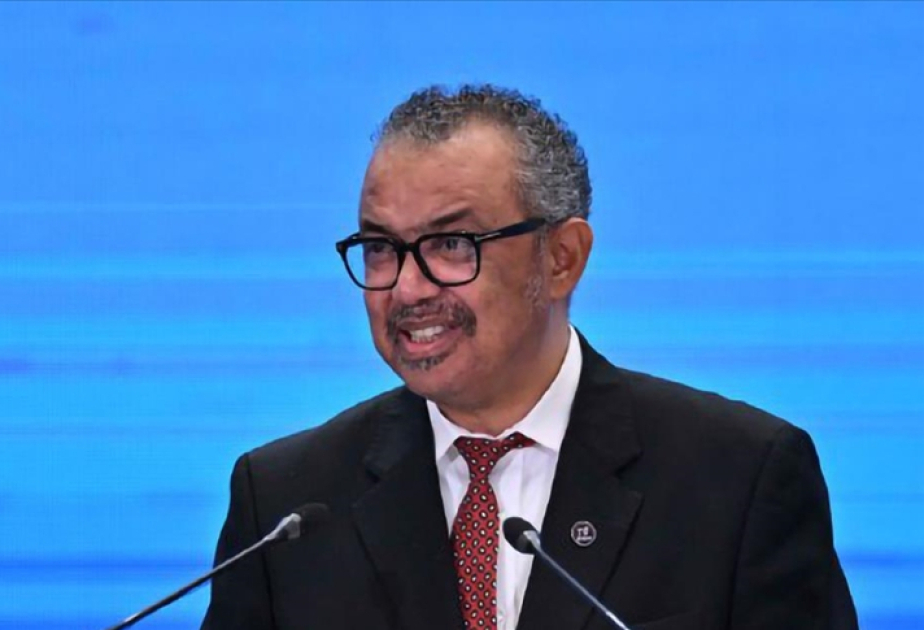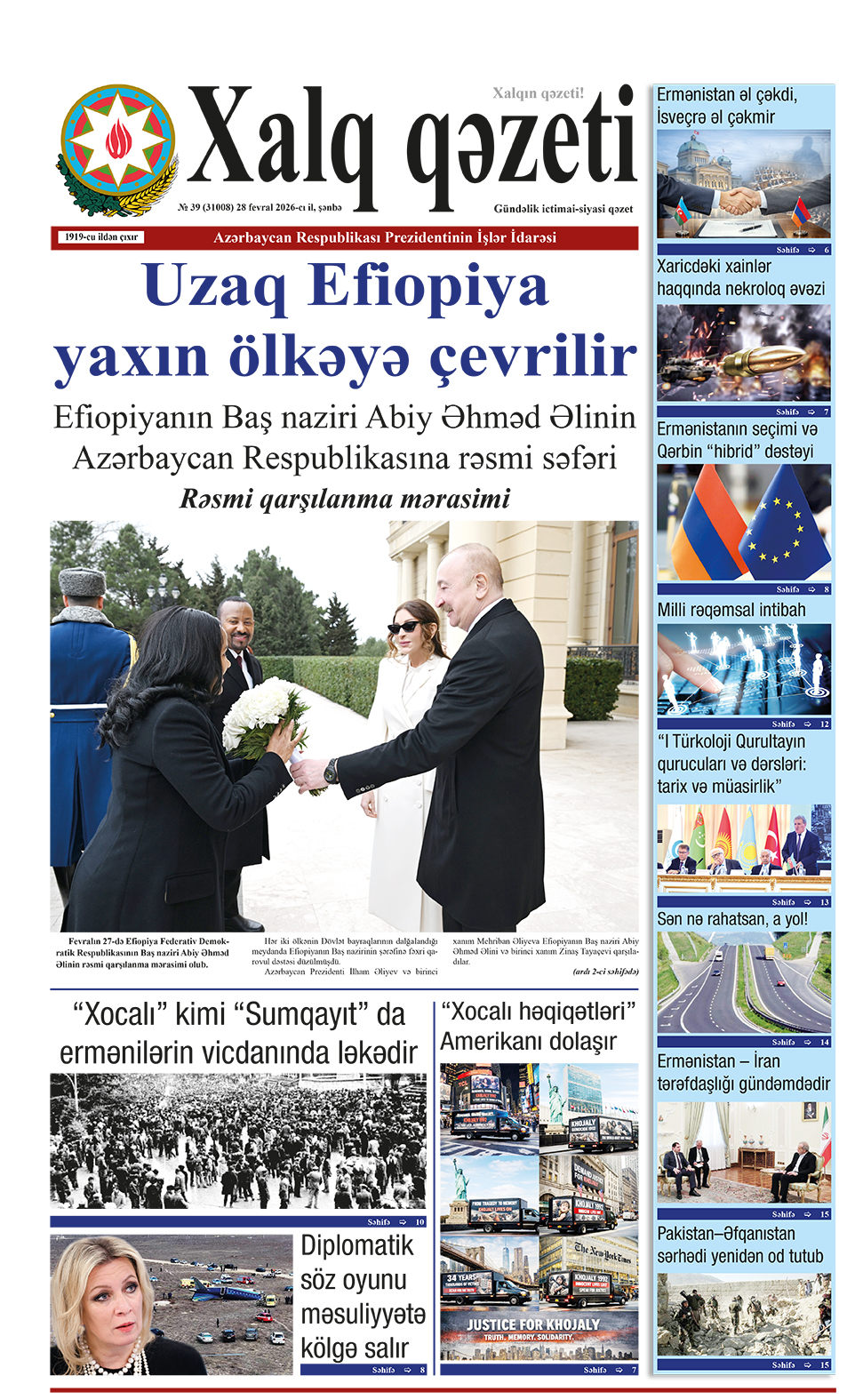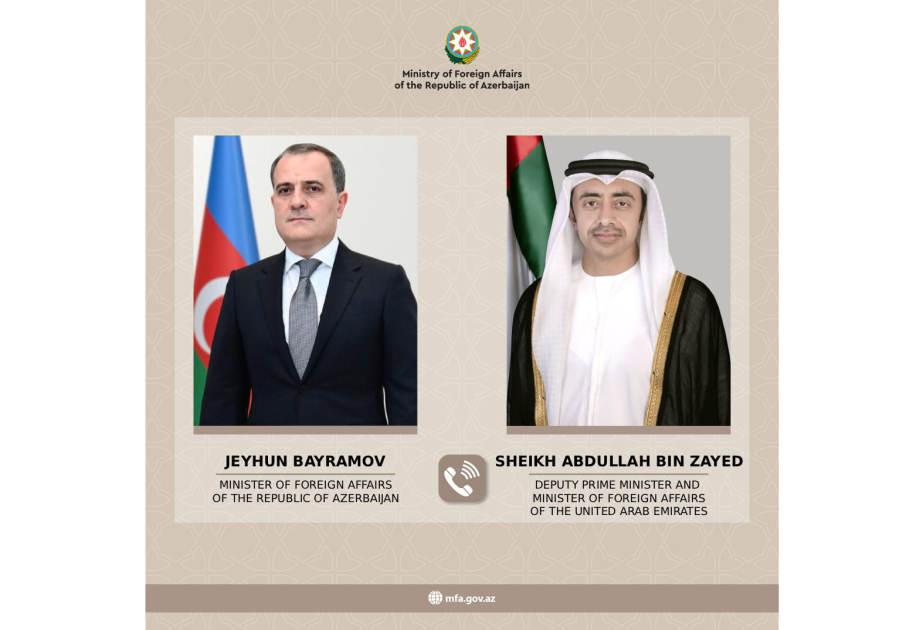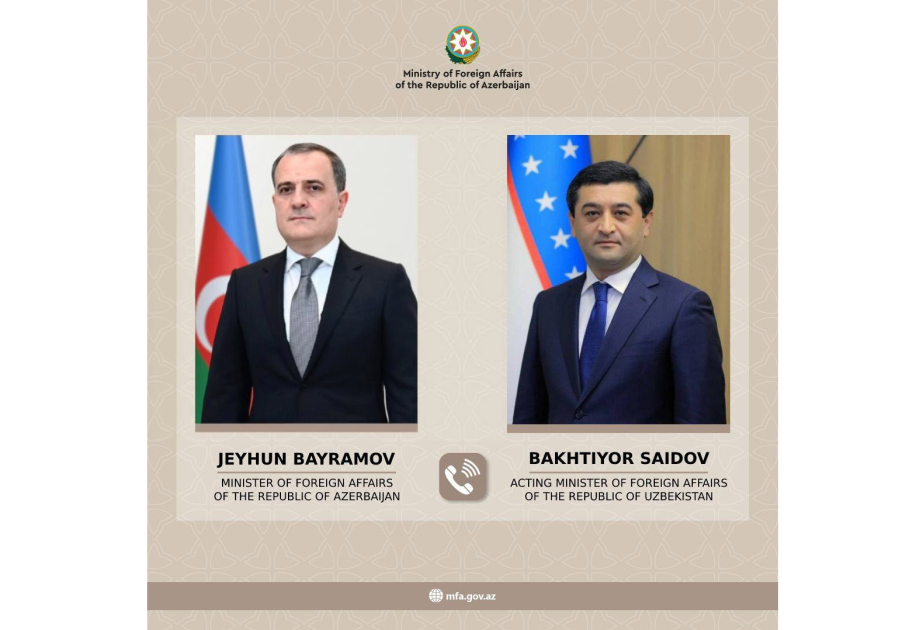“One of the questions I am asked most often is, is the world better prepared for the next pandemic than we were for COVID-19? The answer is yes, and no. If the next pandemic arrived today, the world would still face some of the same weaknesses and vulnerabilities that gave COVID-19 a foothold five years ago,” said Tedros Adhanom Ghebreyesus, WHO Director General, in his opening remarks at the media briefing.
“More than 12 million doses of malaria vaccines have been delivered in 17 countries in Africa using the new malaria vaccines we have. Tobacco use continues to decline in 150 countries. WHO prequalified a new vaccine against dengue. We gave Emergency Use Listing to the first mpox vaccines and tests, and established a mechanism for equitable allocation of these products,” the WHO chief noted.
“The wars in Gaza, Sudan and Ukraine show no sign of ending, although we are grateful that the ceasefire in Lebanon appears to be holding. These conflicts have caused untold death, destruction and displacement, and often, health care has been in the crosshairs. So far this year, WHO has verified 1370 attacks on health care in 14 countries and territories, resulting in 805 deaths and 1545 injuries to health workers and patients,” he mentioned.
“But the world has also learned many of the painful lessons the pandemic taught us, and has taken significant steps to strengthen its defences against future epidemics and pandemics.
Together with the World Bank, WHO established the Pandemic Fund, which is now financing 19 projects in 37 countries, with 338 million US dollars in grants.
WHO has supported many countries to strengthen their lab capacity to detect and sequence pathogens, and we established the WHO Hub for Pandemic and Epidemic Intelligence in Germany to foster collaborative surveillance,” Tedros Adhanom Ghebreyesus emphasized.
“Universal health coverage, or UHC, is one of WHO’s top priorities. It means that all people have equitable access to the essential health services they need, without being exposed to financial hardship.
Shockingly, half the world’s population cannot access one or more essential health services.
And while access to services has been improving globally, two billion people face financial hardship as a result of paying for medicines and health services.
That’s why the theme of UHC Day this year is financial protection; so that families do not have to choose between medicines and meals; poverty or car,” the WHO chief underlined.




















